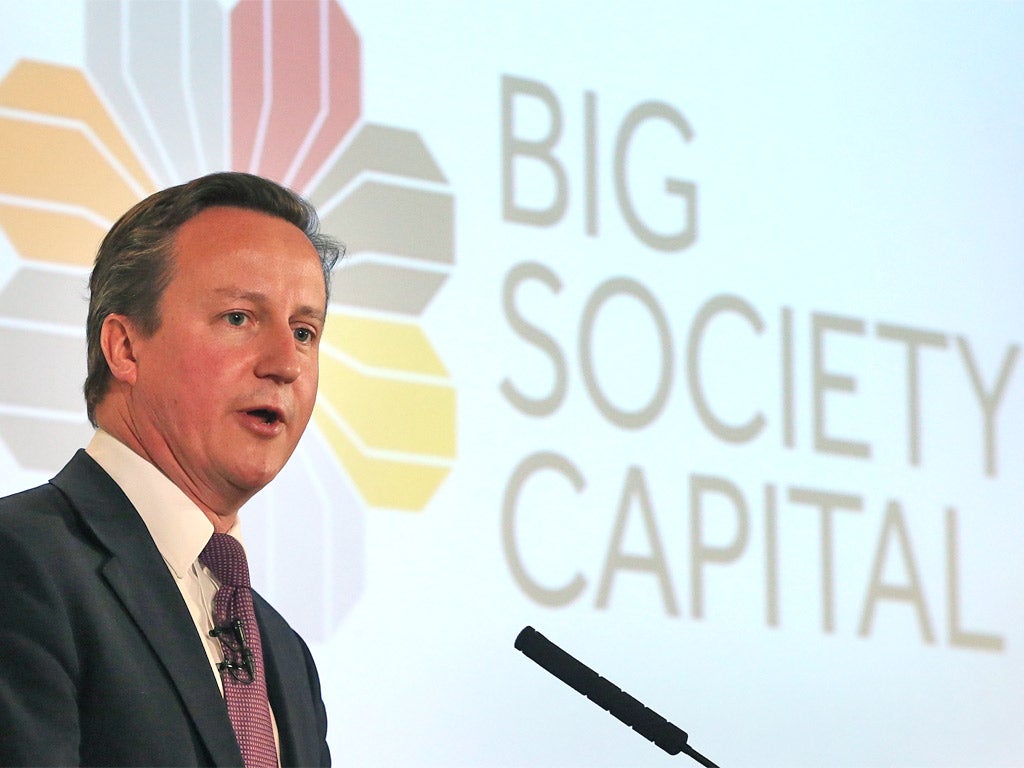'Secret court' plan adds to growing civil liberties rift in the Coalition

The coalition rift over civil liberties widened last night after David Cameron defended moves to set up "secret courts" and to monitor the online communications of the public.
Both measures are being resisted by Nick Clegg who has promised worried Liberal Democrat MPs that he will not sanction any move to erode individual liberties.
The Government has proposed allowing some civil courts to sit behind closed doors if sensitive intelligence material could be presented to them. And it is proposing increasing the power of police, intelligence services and public bodies to keep tabs on emails, phone calls and message sent through social networks. Mr Cameron acknowledged these were difficult issue and promised "deep, long conversations" over any such changes. But he added: "We need to stand back and look at the big picture... government, prime ministers, have a responsibility for national security. We should take every step that is necessary to keep our country safe."
Kenneth Clarke, the Justice Secretary, also defended the secret courts plan, although he said it should be left to judges to decide whether to sit on camera. He said the CIA was already withholding some intelligence material for fear it could be revealed in court.
Mr Clarke said: "I'd love open justice, but let's have some common sense here. Open justice cannot be at the expense of lives being lost."
Michael Todd, chairman of the Bar Council, which represents barristers, also called for the Government to overhaul laws preventing the police watchdog from revealing at an inquest the full details of the decision to shoot Mark Duggan, whose death triggered last summer's riots.
Join our commenting forum
Join thought-provoking conversations, follow other Independent readers and see their replies
Comments
Bookmark popover
Removed from bookmarks